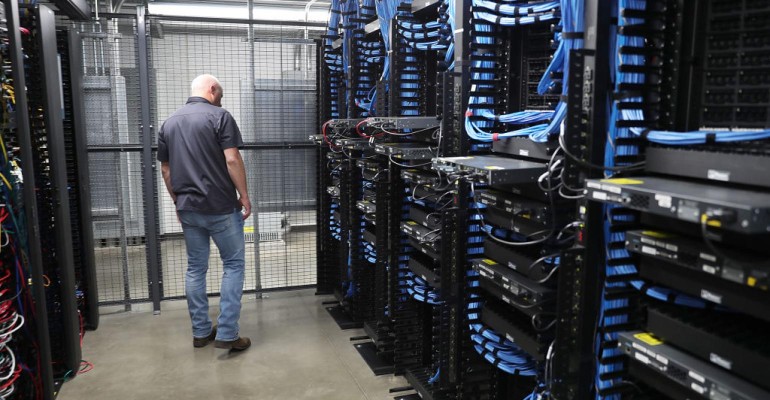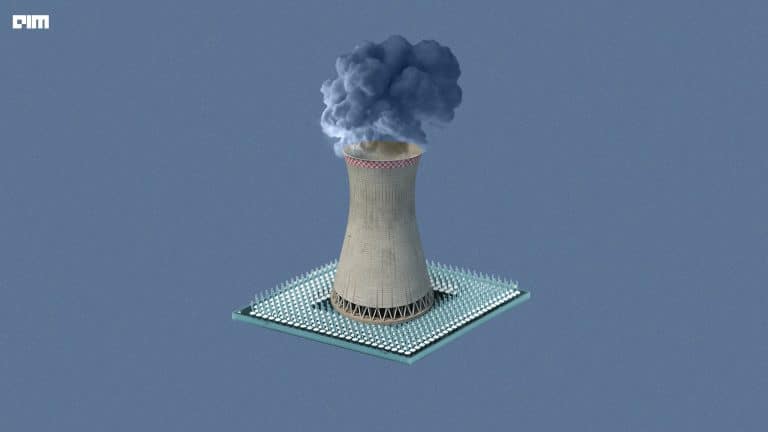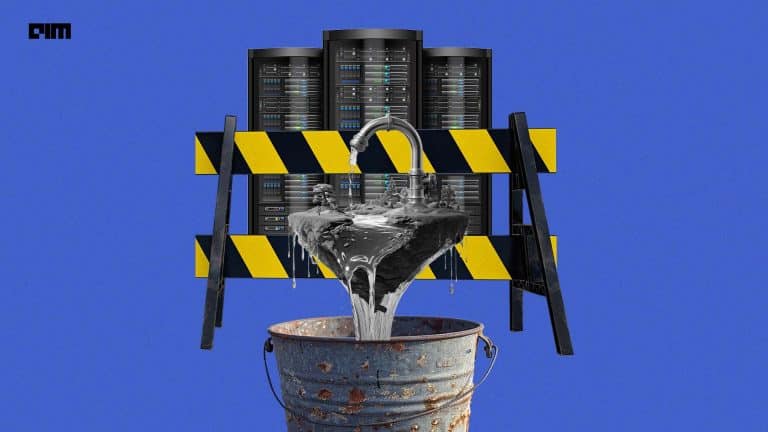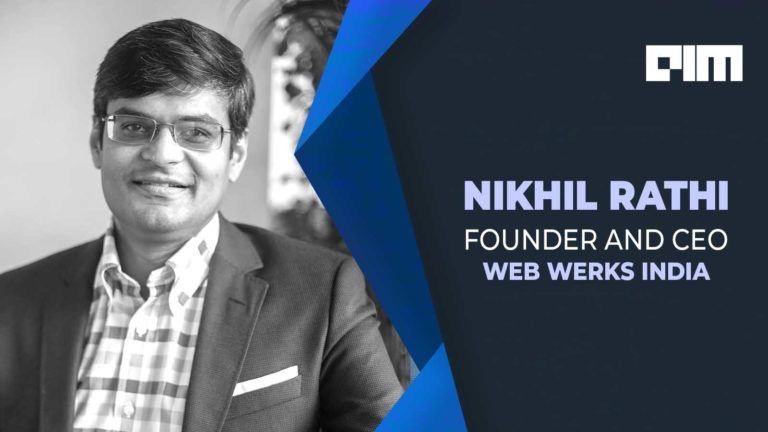Data centres house a large group of networked computer servers which are used by businesses and organisations to remotely store, process, and distribute data. Many of these organisations, especially bigger ones, have computing services at the same location as their offices, for supporting their daily operations and round-the-clock large-scale data processing. However, others opt for third-party providers.
Why Should Companies Consider Third-Party Data Centers
Based on who owns and uses them, data centres can be classified broadly into three categories:
- Exclusive data centres that are wholly owned, maintained, and operated by the businesses itself for the optimal operation of its IT systems. Some of the examples include– Facebook, Google, and Microsoft.
- Managed hosting providers are the data centres managed by third parties on behalf of businesses — the organisation in question rents out IT equipment and infrastructure.
- Colocation data centres are also generally third party providers where large facilities are built to accommodate multiple businesses within the centre. Many a time, businesses rent their own space within a data centre and use equipment provided by the data centre operator.
Opting for a third-party data centre provider has gained a lot of popularity. They provide the following benefits:
- Third-party data centres are equipped with a number of ways to keep the equipment hosted within their walls up for avoiding downtime that could cause major losses to the business.
- The cost is significantly reduced as compared to hosting its own data centre.
- The on-site support staff from the third party also provide 24/7 real-time hands-on help in maintaining uptime goals.
How To Choose A Third-Party Data Center
There are a number of factors that must be considered before we zero-in on a third-party data centre. Some of these factors are:
Location: It is one of the most important factors for selecting a data centre. As a matter of fact, the distance between the actual office location and the data centre affects internet speed, so ideally, the distance should not be too large to affect the normal operation.
Further, an accessible data centre means that a company’s IT staff would be effectively able to perform maintenance and upgrade actions. Further, another consideration is that for natural disaster-prone areas, it is a safer option to choose a data centre that is on a separate power grid. This provides immunity against any major regional power outages.
Tier Classification: The tier required is another important consideration in the need assessment. To provide a slight idea on what a tier level may actually refer to — a tier I provider may be a just a little more than a warehouse while a Tier IV is considered enterprise-ready and delivers capabilities with no single points of failure, 99.995% uptime per year, a 2N+1 infrastructure, 96-hour protection against power outages.
Companies must ensure that their chosen data centre is equipped well enough to serve comparable organisations that are measured in terms of size, industry, data load, infrastructure complexity, and uptime requirements.
Security: Physical security is a top priority among data centre providers. Some of the security features to be considered are:
- Perimeter security with 24/7 manned guard posts
- Closed-circuit security monitoring that provides comprehensive coverage of the facility
- Multiple layers of access control between the guard station to the server room
Connectivity: Several data centres are located strategically near telecommunication hubs so that they can maximise carrier diversity for available bandwidth, reliability, flexibility, and convenience. An enterprise must also ensure that the data centre provider can deliver advanced networking capabilities befitting its needs. Currently, SD-WAN and software-defined networking expertise is gaining popularity.
Price and Value For Money: The success and effectiveness of any business-related activity depend on its return on investment. Thus it is also important to consider the financial aspects before selecting a data centre. Usually, organisations set aside a budget depending on the different facility features and services that they would like to leverage.
Balancing priorities against cost should generally be the final step in selecting the provider capable of delivering the greatest value against investment.
Flexibility and scalability: Year-by-year, many companies, if not all, see changes and growth. So for businesses that face a lot of changing requirements with different undertaken projects, they must find a data centre that can keep up with the volatility. The third-party data centre must also demonstrate its ability to transform its services as the company scales.
Backup and recovery: Many third-party providers offer mirrored facilities with automatic failover in case of an outage. This also provides protection against natural disasters such as earthquakes, hurricanes, and even man-made disasters. Service level agreement must specify expected downtime during failover and the time required to restore to the primary data centre.
‘Greener’ options: Growing concerns on sustainability and environment-consciousness has driven many organisations to opt for carbon-neutral and other greener data centre offerings. In keeping with the demands, data centres are turning to solar panels, hydroelectric options, AI in DCIM systems, and various other measures. Companies may consider one or other such offerings that align with their principles and policies.




















































































